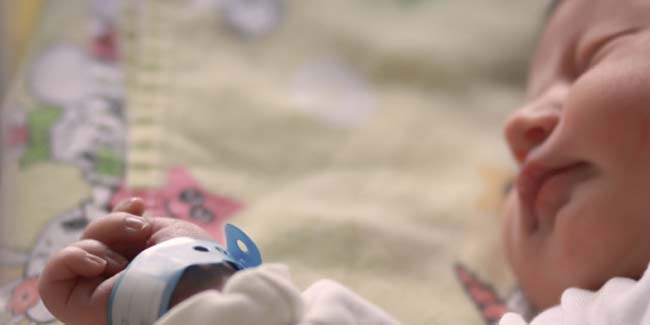
Birth Defects: Overview
Birth defects are abnormalities that can affect the appearance, functioning of the organ, and physical and mental development of the child. These defects usually occur in first 3 months of pregnancy when organ development takes place. Some birth defects can be mild while some can create problems lifelong.
Table of Content:-

What are Causes of Birth Defects?
The causes of birth defects range from genetic disorders to lifestyle choices. Also, usage of several medications can also cause birth defects in the child.
Who is at Risk?
All pregnant women are at a risk of delivering a child who may suffer from a birth defect. There are few conditions which increase the risk.
- A history of birth defects or genetic disorders
- Addiction to drugs, alcoholism, and smoking
- Women who conceive after the age of 35 years
- Untreated virus or infections
What are the Common Birth Defects?
There are thousands of birth defects which affect the children and are broadly classified into structural or metabolic defects. Structural defects are the ones in which a body part is either missing or not formed properly. The most common birth defects are:
- Heart defects
- Cleft lip
- Spina bifida
- Clubfoot
Metabolic defects are the ones in which there is a problem with the child’s genes or chromosomes. This includes Down syndrome, sickle cell disease, and cystic fibrosis.

What are the Symptoms of Birth Defects?
While some children show the symptoms of birth defects in form of physical disabilities, there are many defects which are not detected for many months and sometimes even for years. The common symptoms include:
- Developmental milestones get delayed
- Feeding problems
- Breathing difficulties
- Failed results of hearing tests
- Seizures
Image courtes: Getty Images
Read more articles on Birth Defects.
How we keep this article up to date:
We work with experts and keep a close eye on the latest in health and wellness. Whenever there is a new research or helpful information, we update our articles with accurate and useful advice.
Current Version